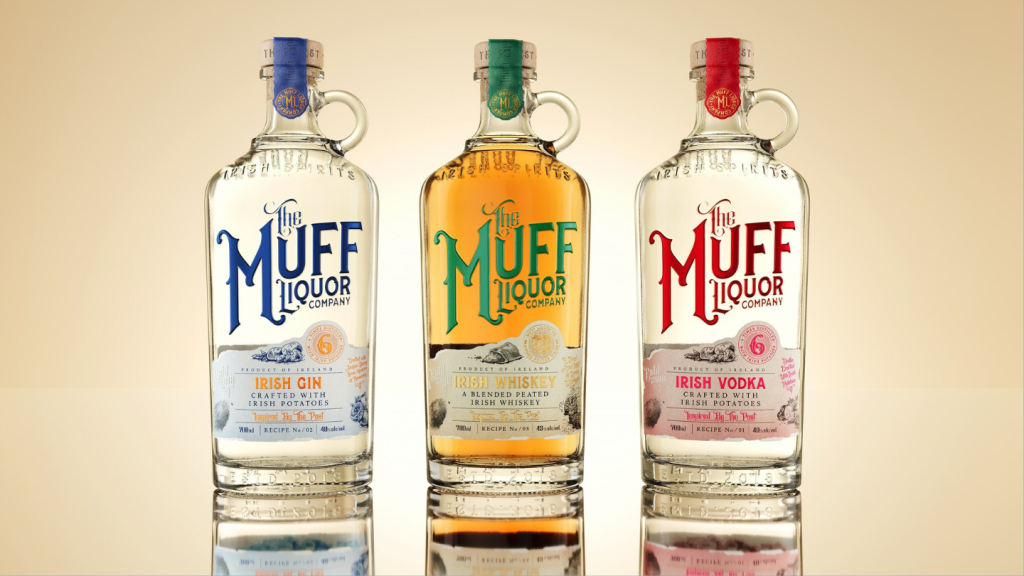In 2002 the UK’s Co-op replaced its entire own-brand chocolate range with Fairtrade products. Following the success of this operation, the company now plans to follow suit with its own-brand coffee and become the UK’s leading ethical retailer. As consumer awareness of ethical consumer goods increases, more retailers will find that they have to tow the line.
Since replacing its own-brand chocolate with Fairtrade equivalents in 2002, the Co-op has seen its overall chocolate sales rise 21% by volume. The bulk of this growth is due almost entirely to Fairtrade chocolate, which saw an increase in sales of 23% in volume terms, demonstrating that ethical retailing can also be good business. In addition to further improving the Co-op’s reputation, this latest addition will boost the UK market for Fairtrade coffee by 15%.
The Co-operative Group’s attachment to ethical retailing has certainly done it no harm over the past decade. Charities receive 4% of the company’s profits, and all of its marketing is interwoven with ethical messages. Simultaneously, profits have been increasing every year for 10 years. Over the past year, operating profit grew from £113.9m to £169.7m.
According to the Co-op’s Ethical Purchases Index, which tracks ethical products through retail channels, sales of ethical products account for only 1.5% of total UK sales. However, one of the main reasons for this low total is distribution.
Whereas consumers are often happy to pay a premium for an ethical product such as Fairtrade coffee, they are not so willing to spend more time looking for them. For this reason the adoption of ethical retailing practices by supermarkets is crucial to the success of such products.
How well do you really know your competitors?
Access the most comprehensive Company Profiles on the market, powered by GlobalData. Save hours of research. Gain competitive edge.

Thank you!
Your download email will arrive shortly
Not ready to buy yet? Download a free sample
We are confident about the unique quality of our Company Profiles. However, we want you to make the most beneficial decision for your business, so we offer a free sample that you can download by submitting the below form
By GlobalDataUnfortunately, not all retailers can emulate the Co-op’s success. The Co-op’s reputation is based on the fact it has certain ethical brand values. It therefore attracts customers who value the retailer’s ethical stance. When Iceland chose to ensure that all its own brand products came from organic and GM-free sources in 2000, its sales fell by 1.5%. This was mainly because the company’s brand values were centered on low prices, whereas organic products are perceived by consumers to be more expensive.
However, as consumers become more aware of ethical food production, more retailers will have to fall in line with their expectations.





